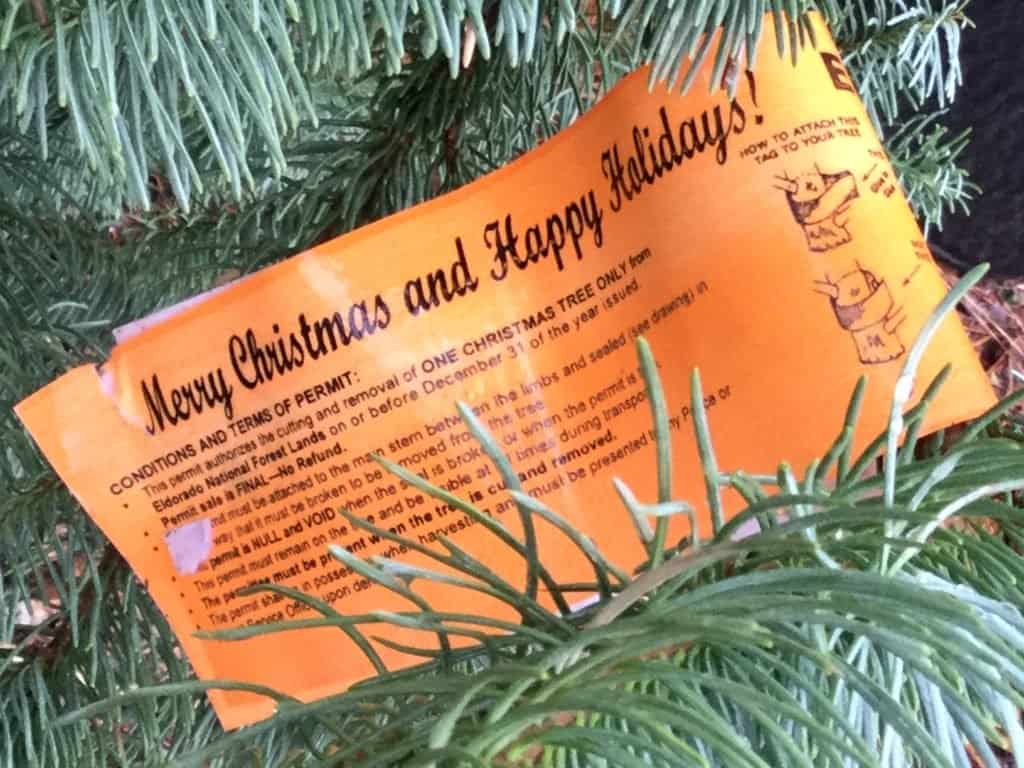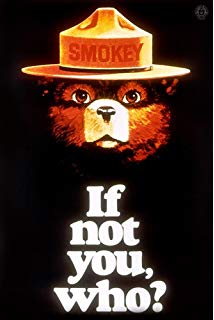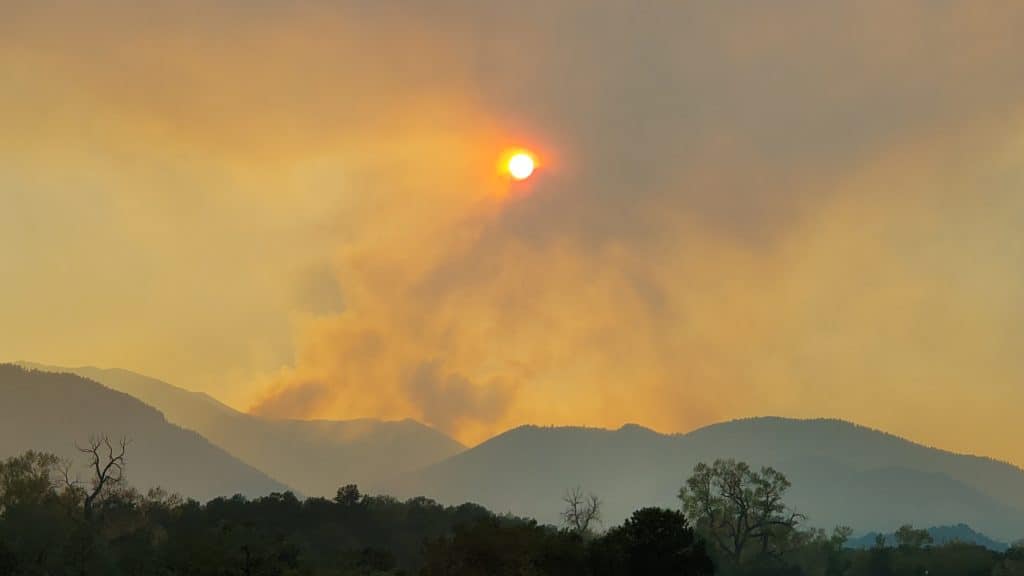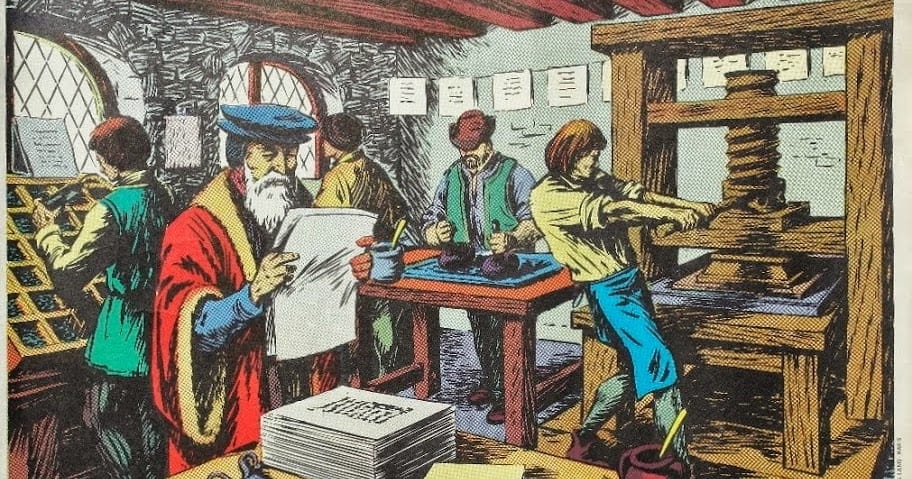
I’ll be off until January 6. Just a few year-end notes.
Thanks to everyone who makes The Smokey Wire what it is, and what it has been over the last ten years. The Contributors, of course, who give of their own time to post here. And of course those people who offer or are harassed into providing guest posts. And each person who comments- without discussion and learning from different experiences, we wouldn’t get the whole picture. Last but definitely not least are those who contribute financially, we definitely would not be able to keep going without you!
Next year, plans are to make TSW a 501c3 so your donations will be tax-deductible. We’ll also have a few new features:(1) The Climate Science Voyage of Discovery, where we talk about the science as well as relevant context from philosophy, history and sociology of science and (2) Why We Disagree About Forest Carbon.
Then there’s an election coming up, so we can look at different public lands and forest proposals by different candidates (in a safe and respectful manner). Then there’s the NEPA regulation that should be finalized, and much drama associated with the Alaska Roadless Rule. I’m looking forward to it.
One more thing- I know that I am a bit like a crow going after a new shiny object when a new topic comes up. So if there is a topic or idea I said I’d get back to and you would like to hear more, please email me.
And, of course, please keep us in mind for end-of-the year donations! Every little bit helps, and we only have individual people funding us, no organizations. So the biases you see are our own. No dark money here.
I wish the blessings of the season, light, peace, hope and joy to all of you, and will see you back here next year.




